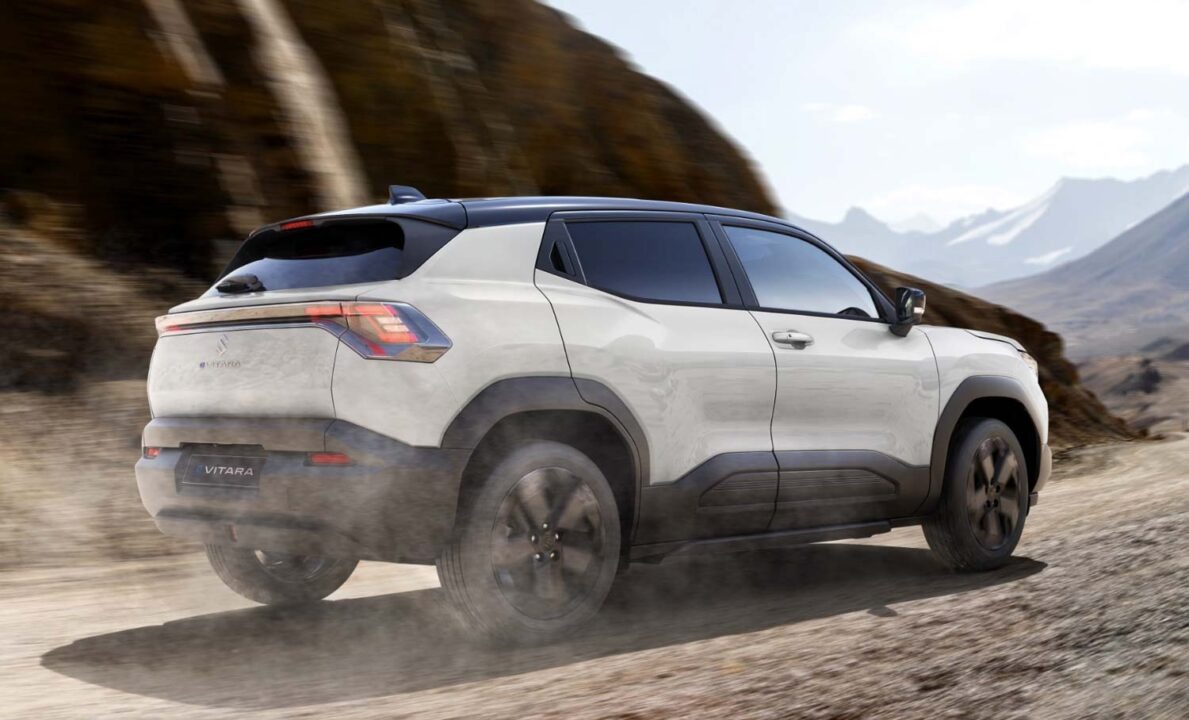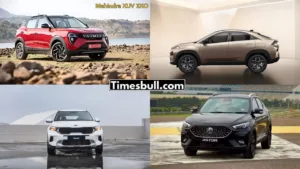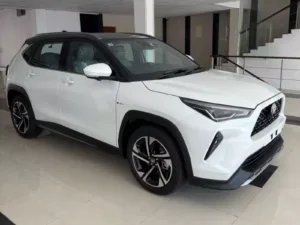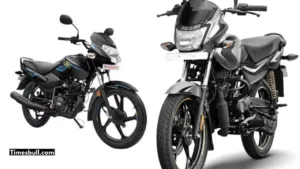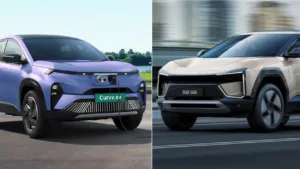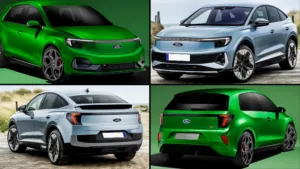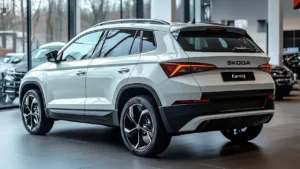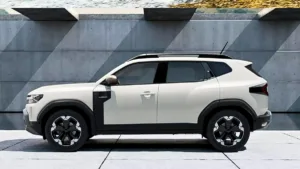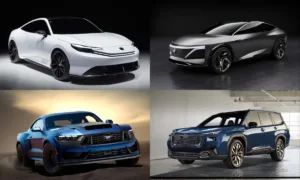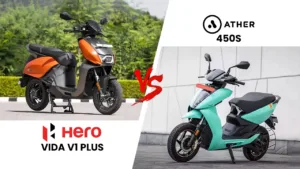Maruti Suzuki out-of-the-box entry into the electric vehicle space has encountered an unforeseen hurdle before even rolling out its first model. The e-Vitara, which is supposed to be the company’s game-changer EV, was to suffer a major production reduction in an unprecedented global supply constraint. For lakhs of anxious customers out there, this news is a huge let-down, questioning the ambitions of the company to go electric.
Sharp Production Cut Before Launch
First, Maruti Suzuki was supposed to produce about 26,500 units of the e-Vitara in the first half of the fiscal year 2025–26 (April to September). But a recent in-house report indicates a sharp reversal—the company will now be producing just 8,200 units in that timeframe. This is a massive 66% cut in production even before the official launch of the car.
Why Such a Sudden Shift?
The main reason for this choice is a dire lack of ‘rare earth’ materials. These materials are essential in producing the high-performance magnets found in EV motors. Without a sufficient supply, keeping planned production levels is practically impossible.
What Exactly Are Rare Earth Materials?
Rare earth elements are unique minerals that are crucial for advanced technology. In EVs, they assist in making powerful and light-weight magnets that power the motor. They contribute directly to the performance and efficiency of the car. Without rare earth elements, EV manufacture incurs huge setbacks.
The China Factor
This further escalated as China-the largest global producer and exporter of rare earth material-strictly imposed export restrictions on the material. Most automobile companies depend much on China for these resources, so the whole global industry is now bound to feel the heat. Maruti is no exception, and this export clampdown has compelled the automaker to severely scale down its e-Vitara plans.
How Big Is This Blow for Maruti?
The cut in production is more than a setback. It jeopardizes Maruti’s hold in a market that is quickly moving towards electrification. With Tata Motors and Mahindra already leading in the EV segment, Maruti’s late entry could put it further behind in the race.
Increased Competition and Market Pressure
As Maruti struggles with supply constraints, international players such as Tesla are on the verge of entering the Indian market. The longer Maruti waits, the greater the space for competitors to consolidate their position. This not only impinges on local growth but also global ambitions.
